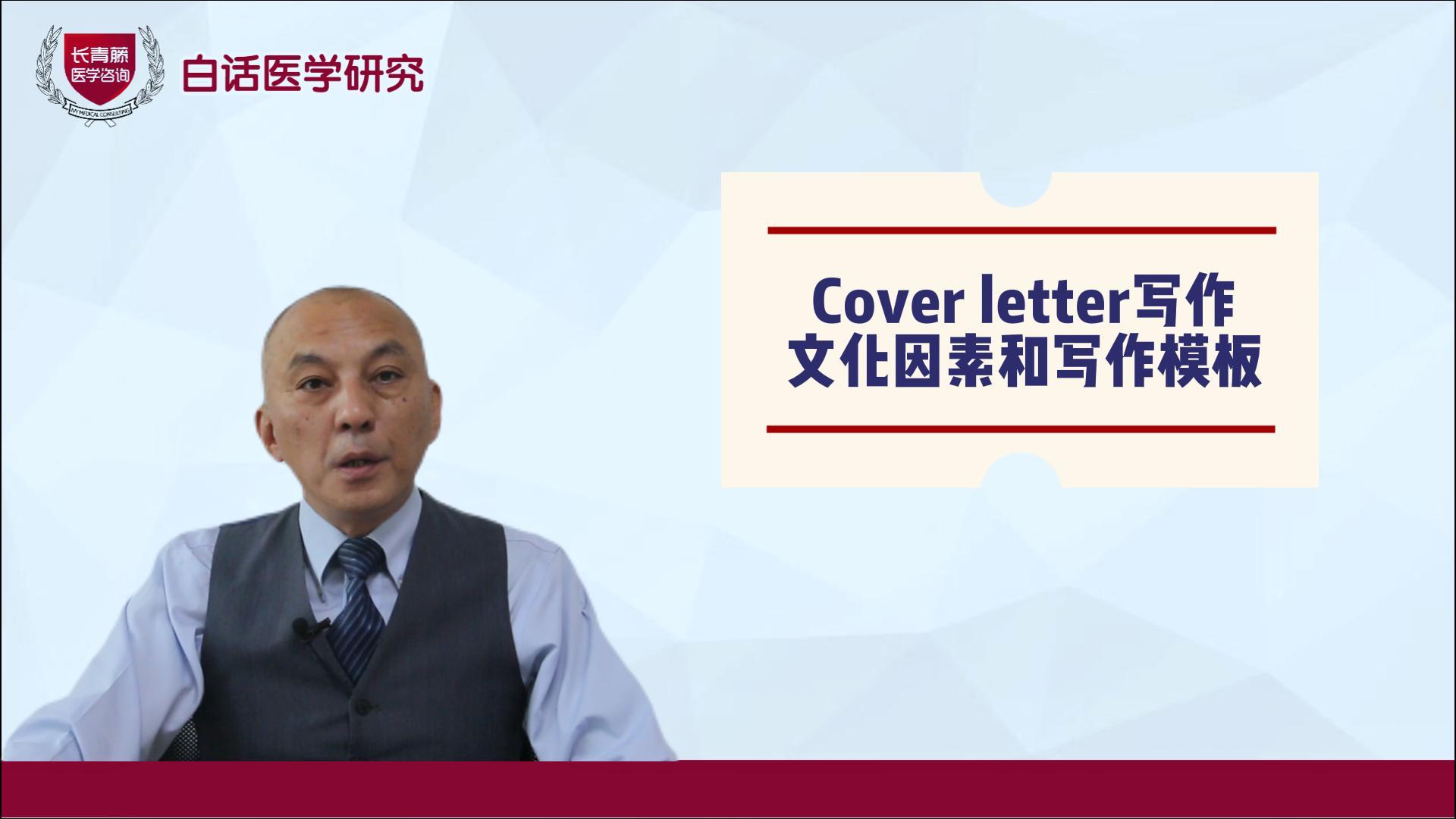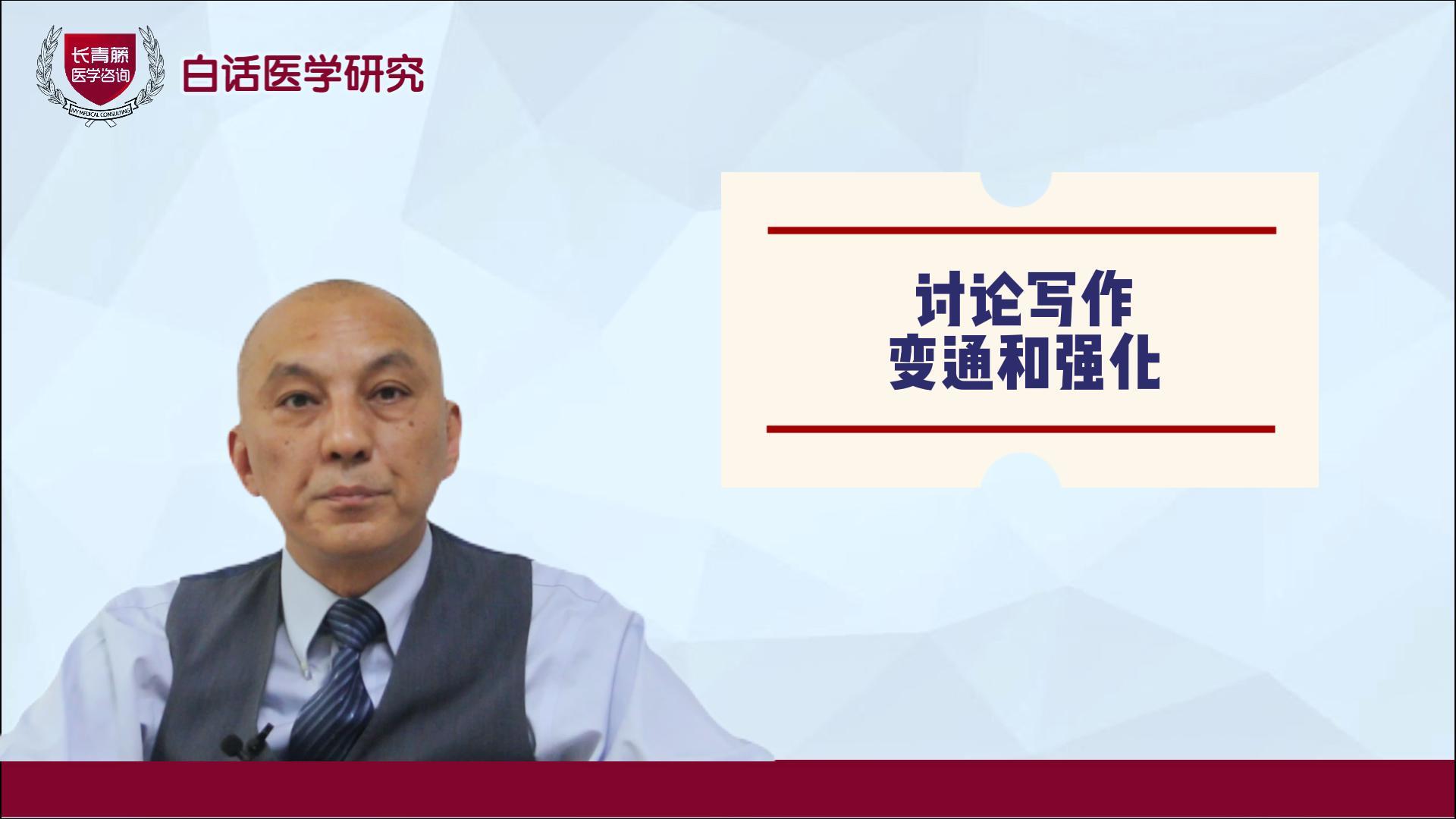2022-12-16


尽管结肠镜检查被广泛用作检测结直肠癌的筛查试验,但其对结直肠癌和相关死亡风险的影响尚不清楚。
我们进行了一项实用的随机试验,受试者为 2009 年至 2014 年间从波兰、挪威、瑞典和荷兰的人口登记处抽取的假定健康的 55 至 64 岁男性和女性。参与者被随机分配为 1:2 的比例接受邀请进行单次筛查结肠镜检查(受邀组)或不接受邀请或筛查(常规护理组)。主要终点是结直肠癌和相关死亡的风险,次要终点是全因死亡。
波兰、挪威和瑞典的 84,585 名参与者获得了随访数据——受邀组有 28,220 名,其中 11,843 名 (42.0%) 接受了筛查,常规治疗组有 56,365 名。共有 15 名参与者在息肉切除后出现大出血。结肠镜检查后 30 天内未发生穿孔或筛查相关死亡。在中位随访 10 年期间,受邀组诊断出 259 例结直肠癌,而常规治疗组为 622 例。在意向筛查分析中,受邀组 10 年结直肠癌风险为 0.98%,常规治疗组为 1.20%,风险降低 18%(风险比 0.82;95% 置信区间 [置信区间], 0.70 至 0.93)。受邀组的结直肠癌死亡风险为 0.28%,常规治疗组为 0.31%(风险比,0.90;95% CI,0.64 至 1.16)。需要邀请接受筛查以预防一例结直肠癌病例的人数为 455(95% CI,270 至 1429)。受邀组的全因死亡风险为 11.03%,常规治疗组为 11.04%(风险比,0.99;95% CI,0.96 至 1.04)。
Abstract
Background: Although colonoscopy is widely used as a screening test to detect colorectal cancer, its effect on the risks of colorectal cancer and related death is unclear.
Methods: We performed a pragmatic, randomized trial involving presumptively healthy men and women 55 to 64 years of age drawn from population registries in Poland, Norway, Sweden, and the Netherlands between 2009 and 2014. The participants were randomly assigned in a 1:2 ratio either to receive an invitation to undergo a single screening colonoscopy (the invited group) or to receive no invitation or screening (the usual-care group). The primary end points were the risks of colorectal cancer and related death, and the secondary end point was death from any cause.
Results: Follow-up data were available for 84,585 participants in Poland, Norway, and Sweden - 28,220 in the invited group, 11,843 of whom (42.0%) underwent screening, and 56,365 in the usual-care group. A total of 15 participants had major bleeding after polyp removal. No perforations or screening-related deaths occurred within 30 days after colonoscopy. During a median follow-up of 10 years, 259 cases of colorectal cancer were diagnosed in the invited group as compared with 622 cases in the usual-care group. In intention-to-screen analyses, the risk of colorectal cancer at 10 years was 0.98% in the invited group and 1.20% in the usual-care group, a risk reduction of 18% (risk ratio, 0.82; 95% confidence interval [CI], 0.70 to 0.93). The risk of death from colorectal cancer was 0.28% in the invited group and 0.31% in the usual-care group (risk ratio, 0.90; 95% CI, 0.64 to 1.16). The number needed to invite to undergo screening to prevent one case of colorectal cancer was 455 (95% CI, 270 to 1429). The risk of death from any cause was 11.03% in the invited group and 11.04% in the usual-care group (risk ratio, 0.99; 95% CI, 0.96 to 1.04).
Conclusions: In this randomized trial, the risk of colorectal cancer at 10 years was lower among participants who were invited to undergo screening colonoscopy than among those who were assigned to no screening. (Funded by the Research Council of Norway and others; NordICC ClinicalTrials.gov number, NCT00883792.).
原文链接
pubmed.ncbi.nlm.nih.gov/36214590/
百度浏览 来源 : 医微客
版权声明:本网站所有注明来源“医微客”的文字、图片和音视频资料,版权均属于医微客所有,非经授权,任何媒体、网站或个人不得转载,授权转载时须注明来源:”医微客”。本网所有转载文章系出于传递更多信息之目的,且明确注明来源和作者,转载仅作观点分享,版权归原作者所有。不希望被转载的媒体或个人可与我们联系,我们将立即进行删除处理。 本站拥有对此声明的最终解释权。




发表评论
注册或登后即可发表评论
登录注册
全部评论(0)